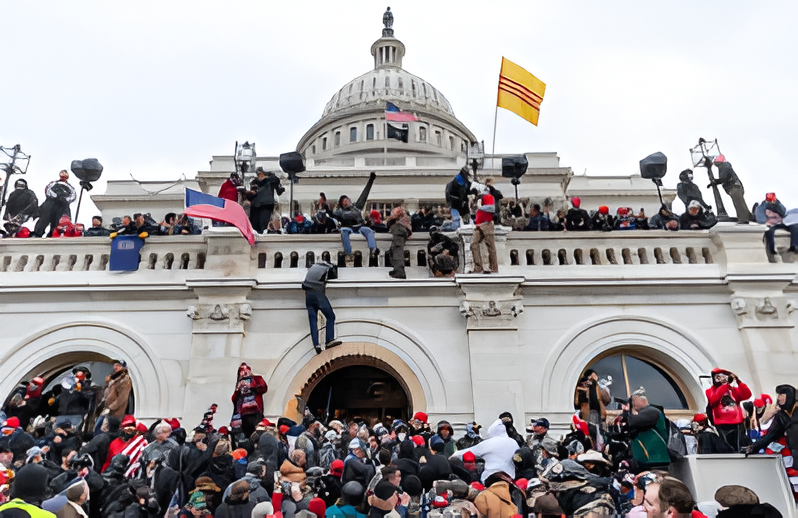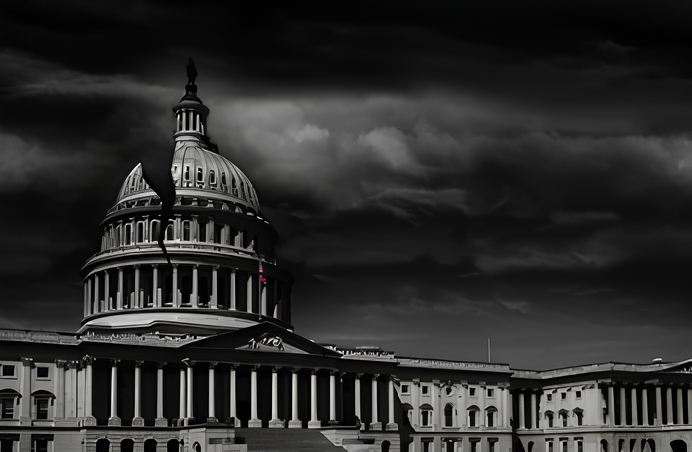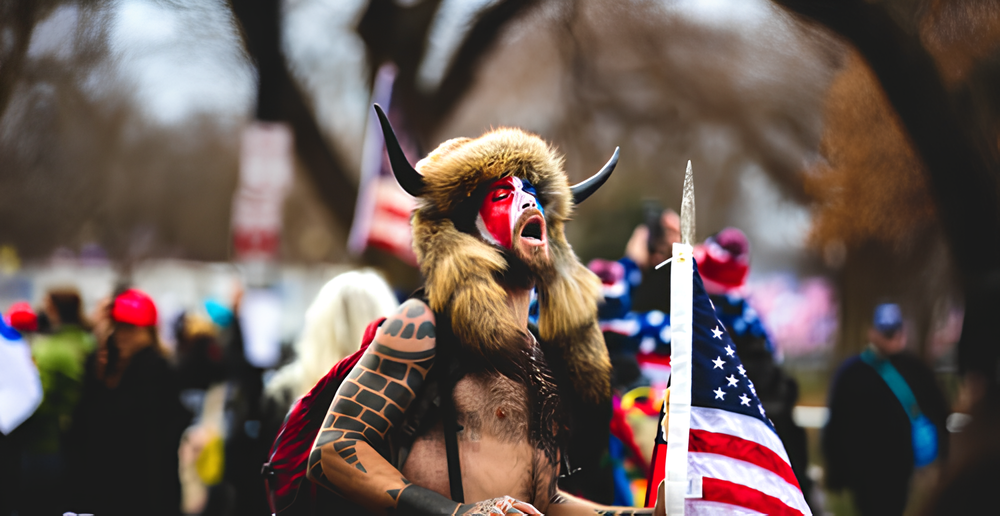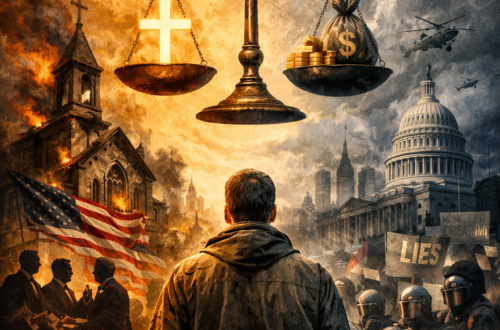
Why Trump’s Circle Believes They Can Rewrite Democracy
Opening:
As America approaches just over 100 days of this new administration, a chilling question looms: Why does the Trump-aligned movement appear so confident in its ability to consolidate power—or even reshape the nation into something resembling authoritarian rule?
Here’s a detailed breakdown of the foundation beneath that confidence…

🧱 1. Institutional Erosion and Precedent
Trump’s first term saw unprecedented defiance of democratic norms—and many observers noticed that consequences were minimal:
- Ignoring subpoenas, stonewalling investigations, and using the Department of Justice for personal/legal cover.
- Appointing judges who are ideologically aligned with executive power.
- Repeatedly undermining independent institutions (FBI, press, judiciary).
This has created a belief among some of his allies that the guardrails of democracy are weaker than they appear, or at least soft enough to bend with minimal pushback.
🔁 2. Loyalty Over Legitimacy
Trump has cultivated a base—and now a MAGA-aligned party wing—that values loyalty over institutional legitimacy.
- Cabinet members, local officials, and even military and law enforcement figures have been publicly tested for allegiance.
- Loyalty pledges, support for election lies, and a party apparatus that punishes dissent (think Liz Cheney) reinforce a belief that power comes not from institutions, but from personal influence.
This mirrors playbooks used by authoritarians around the world who transform democratic systems from within.
🧠 3. Psychological Warfare and Disinformation
Trump and his team have mastered the art of narrative control:
- Repeating lies until they feel like truth (e.g., “stolen election”).
- Casting opponents as “enemies of the state.”
- Normalizing extreme rhetoric (“vermin,” “bloodbath,” etc.) to desensitize the public to violent, authoritarian language.
By doing this, they erode the shared reality needed for democratic debate and make their authoritarian vision feel not just possible—but necessary.
💰 4. Dark Money and Institutional Capture
Through think tanks, PACs, and media outlets, billions of dollars have flowed toward efforts to:
- Stack the courts
- Undermine public trust in elections
- Support voter suppression laws
The belief is that elections can be influenced structurally—via gerrymandering, control of state legislatures, and sympathetic judges—not just by public opinion.
📉 5. Declining Trust in Democracy
The public itself is increasingly disillusioned with the system:
- Economic inequality
- Government gridlock
- Culture war fatigue
This cynicism makes “a strong man” figure more attractive to a segment of the population, and that’s where Trump and others see opportunity.
⚖️ 6. A Belief the Courts Will Side With Them
Trump has appointed a third of all federal judges and three Supreme Court Justices. There’s confidence that if their plans face legal challenges, the courts may lean in their favor, or at least slow down accountability.

💥 7. January 6th Was a Test—and They Learned
Despite being a failed coup attempt, the aftermath of January 6th taught some:
- Many participants were treated leniently.
- Trump faced no criminal charges for incitement (until very recently).
- The system was not prepared for a coordinated subversion.
Now, those same playbooks are being refined with more legal cover, bureaucratic savvy, and organizational discipline.
Final Thought:
Trump and his inner circle may not frame it to themselves as “turning the country into a dictatorship.” They might call it:
- “Restoring law and order”
- “Draining the swamp”
- “Ending the deep state”
- “Saving America”
But the mechanics of what they’re doing—consolidating power, bypassing norms, vilifying opposition, and undermining elections—are classic authoritarian tactics.
It’s not confidence born from imagination. It’s confidence built on a foundation of tested limits, public tolerance, and institutional silence.
Conclusion:
This isn’t alarmism. It’s a reckoning with the patterns we’ve already seen—and the playbook being refined before our eyes. The future of American democracy may depend not on who wins, but on who still believes the system is worth defending.






